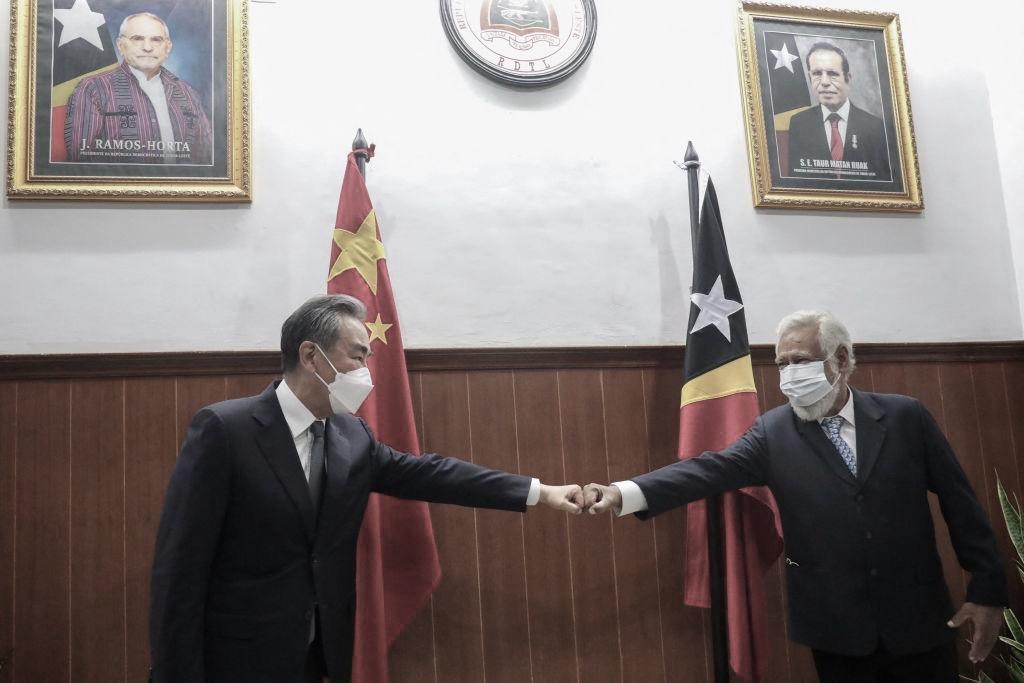East Timor President Ramos-Horta has ruled out a security pact with China’s ruling communist regime but defended his country’s decision to sign a slew of deals across areas including agriculture and economic cooperation.
China’s Foreign Minister Wang Yi and his East Timor counterpart Adaljiza Magno on Friday approved a series of agreements in East Timor’s capital of Dili as Wang’s final stop on a 10-day tour of the South Pacific.




